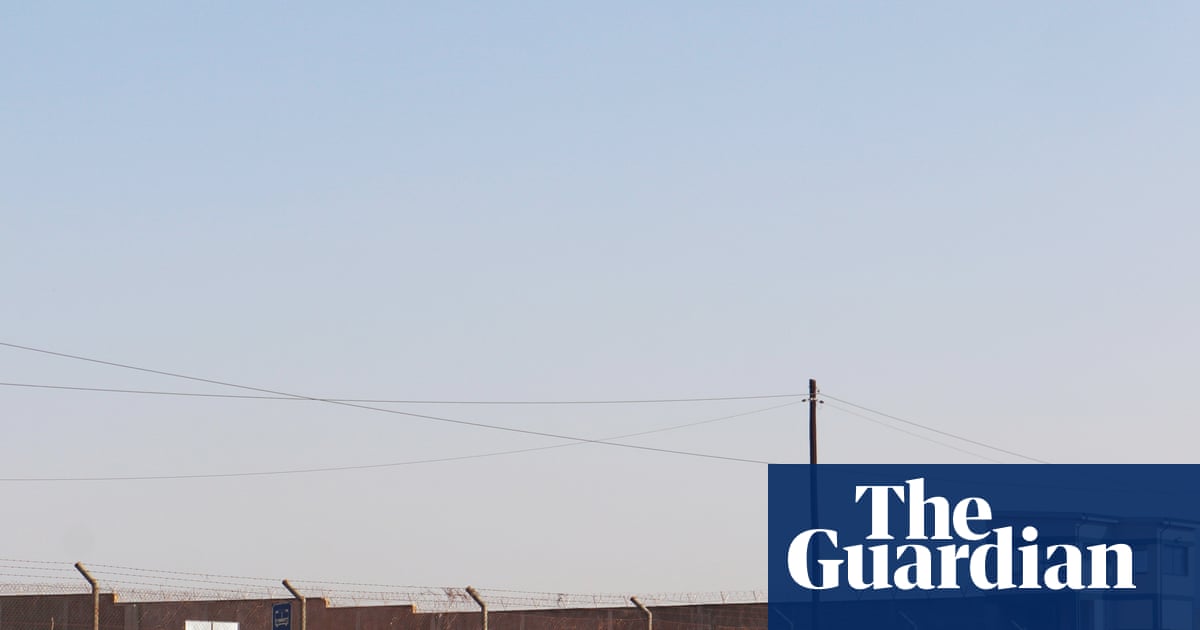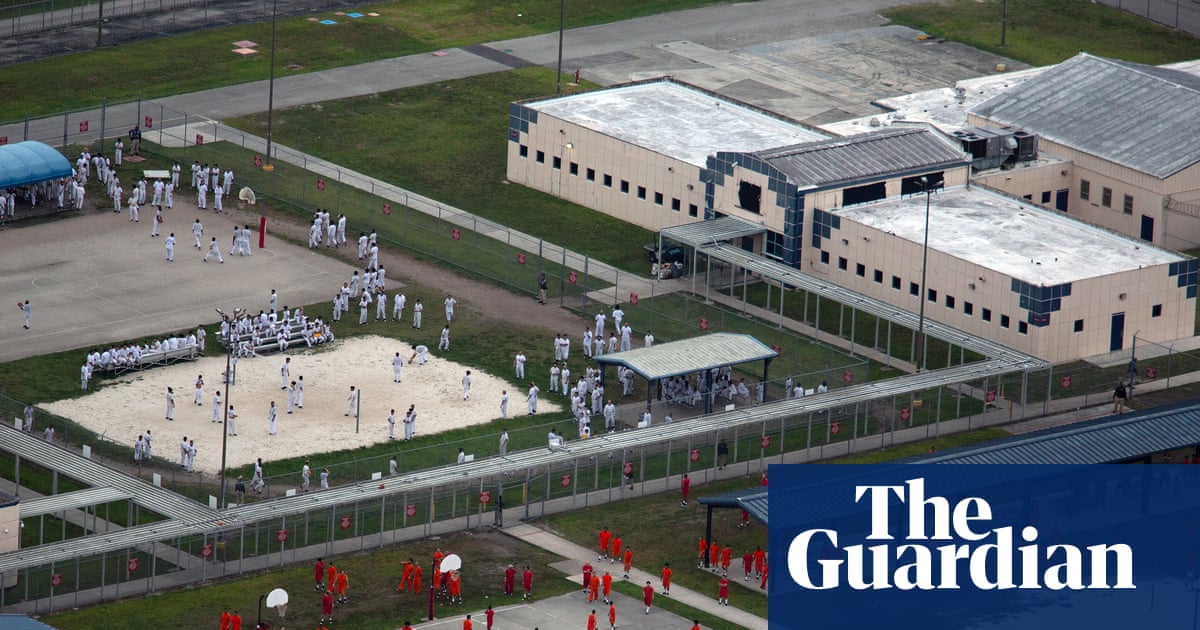T4K3.news
Migrants deported to Eswatini face confinement
Five men deported from the US will be held in solitary confinement in Eswatini.

Five migrants deported to Eswatini will endure solitary confinement while awaiting repatriation.
Migrants deported by US to Eswatini face solitary confinement
Five migrants deported by the US to Eswatini will be held in solitary confinement for an unspecified time, according to a government spokesperson. The men, who have serious criminal convictions, were sent to Eswatini under a controversial third-country program initiated during the Trump administration. The spokesperson, Thabile Mdluli, mentioned that the UN will assist in their eventual repatriation to their home countries, but the timeline remains unclear. The International Organisation for Migration stated it has not been contacted to facilitate this return. Reports indicate that the detained migrants are held at the Matsapha Correctional Complex, a maximum-security prison known for poor conditions.
Key Takeaways
"The terms of the agreement between the US and Eswatini remain classified."
This quote highlights the lack of transparency surrounding the deportations.
"IOM stands ready to support Member States, upon request and where operationally feasible."
This suggests that the UN agency is prepared to assist but was not involved.
"Prison conditions in Eswatini include overcrowding, poor nutrition and unchecked violence."
This underscores the severe challenges faced by deported migrants in Eswatini.
"The Trump administration's deportation policy has raised international alarm."
This statement reflects the growing concern over US immigration strategies.
This situation underscores the complexities and challenges of US immigration policy, particularly the controversial practice of deporting individuals to nations struggling with human rights challenges. Eswatini, governed as an absolute monarchy, has faced international scrutiny for its treatment of prisoners. By sending deportees to such countries, the US not only risks violating human rights standards but also raises ethical questions about responsibility and care for individuals who may suffer upon return. This growing trend of third-country deportations, especially to politically unstable regions, calls for critical examination and increased accountability from US policymakers.
Highlights
- Eswatini agreed to take migrants under classified terms
- These deportations challenge international human rights standards
- Indefinite solitary confinement raises ethical concerns
- Sending deportees to crisis nations risks severe consequences
Concerns over human rights violations
The deportation of migrants to Eswatini raises serious questions about their treatment in a country with known human rights abuses.
The implications of these deportations could result in increasing tensions internationally.
Enjoyed this? Let your friends know!
Related News

US begins controversial deportations to African nations
Five immigrants deported to Eswatini in solitary confinement

Outrage in Eswatini over US deportee arrivals

Men deported to Eswatini held in solitary confinement

Trump administration deports immigrants to third countries

Prisoner swap highlights Trump's deportation strategy

Alarming conditions reported in Miami immigration jails
Makeup artist deported from US returns to Venezuela
